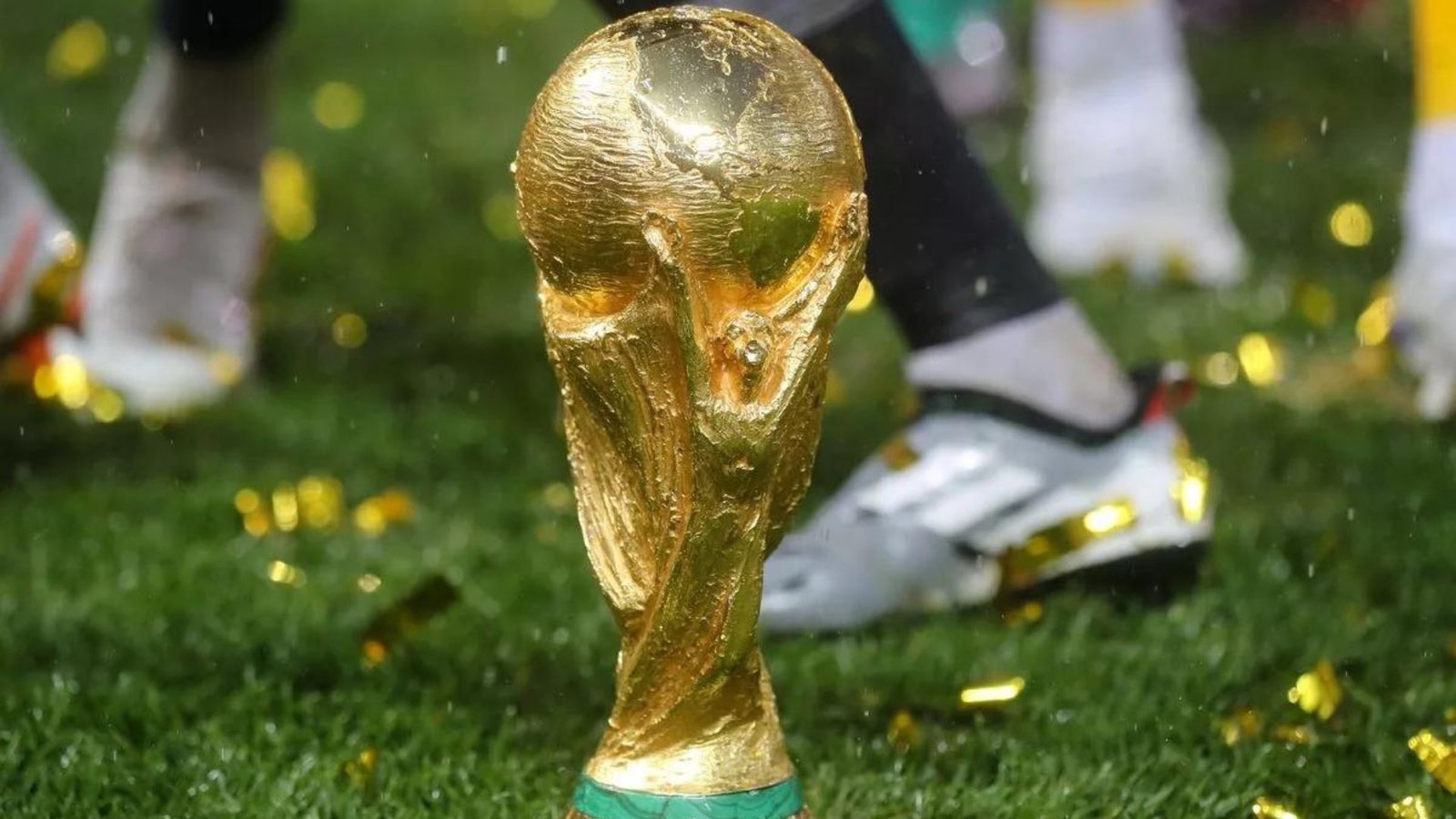The World Cup tournament, officially known as the FIFA World Cup, is an international association football competition organized by the Fédération Internationale de Football Association (FIFA). It is the most prestigious and widely viewed football tournament globally, held every four years since the inaugural event in 1930, except during the Second World War.
National teams from around the world compete in a series of qualifying rounds to secure a spot in the final tournament. The tournament consists of a group stage followed by knockout rounds, culminating in the final match, where the two top teams vie for the championship. The competition has evolved into a month-long celebration of football, showcasing the world’s best players, diverse playing styles, and intense rivalries.
The World Cup not only crowns the world champion in football but also serves as a platform for cultural exchange, unity, and global camaraderie. It has produced iconic moments, legendary players, and unforgettable matches, contributing to the rich tapestry of football history. The tournament has become a symbol of sporting excellence, capturing the imagination of millions of fans across the globe and leaving an enduring legacy for the sport.

History of the World Cup tournament
Inauguration and Early Years (1930–1951)
Global Expansion and Memorable Moments (1954–1974)
The 1954 World Cup marked a turning point, introducing qualification rounds and expanding participation. West Germany clinched their inaugural title in the memorable “Miracle of Bern,” triumphing over Hungary in a dramatic final.
Fast forward to 1958, when the tournament moved to Sweden, where a 17-year-old Pelé propelled Brazil to victory. Subsequent editions kept audiences captivated, highlighted by Geoff Hurst’s hat-trick in the 1966 final and Brazil’s iconic “Jogo Bonito” style in 1970.
Host Changes and New Champions (1978-1998)
Argentina hosted and won the 1978 World Cup amid political tensions. The 1982 edition in Spain showcased the brilliance of Italy and Paolo Rossi, who secured the Golden Boot with six goals.
The 1986 tournament in Mexico became synonymous with Diego Maradona’s “Hand of God” and “Goal of the Century,” leading Argentina to victory. West Germany triumphed in 1990, and the United States hosted the World Cup in 1994, drawing global attention.
France secured their maiden title in 1998, hosting a memorable tournament featuring the emergence of Zinedine Zidane as a football icon.
21st Century Glory and Iconic Moments (2002–2018)
The turn of the century brought World Cup success to new nations. Brazil claimed their fifth title in 2002 with Ronaldo’s remarkable comeback story.
The 2006 tournament in Germany showcased the magic of Zidane’s artistry and Italy’s triumph in a penalty shootout. South Africa hosted the first World Cup on the African continent in 2010, with Spain securing their maiden title.
Brazil hosted again in 2014, witnessing Germany’s dominance and the infamous 7-1 victory over the host nation in the semi-finals. The 2018 World Cup in Russia marked France’s return to glory, led by young talents like Kylian Mbappé.
Qualification for the World Cup tournament
The qualification process for the FIFA World Cup tournament is a comprehensive and competitive journey that involves national teams from around the world vying for a coveted spot in the prestigious event. The process unfolds over several stages, encompassing continental qualifiers and intercontinental playoffs. Here’s an overview of the typical qualification process:
1. Continental Qualification
Confederation Allocation
FIFA is divided into six continental confederations, each allocated a certain number of berths for the World Cup based on the strength and size of their football associations.
Qualifying Tournaments
Within each confederation, qualifying tournaments are held where national teams compete to secure a position in the World Cup. The number of available slots varies per confederation.
2. Preliminary Rounds
Lower-Ranked Teams
Lower-ranked teams within each confederation often start in preliminary rounds, competing against each other to advance to the main qualifying stages.
Group Stages
The remaining teams are grouped into pools, engaging in round-robin formats or knockout rounds, depending on the confederation’s structure.
3. Main Qualification Rounds
Continental Groups
Successful teams from the preliminary rounds join higher-ranked teams in continental groups. These groups engage in a series of matches to determine which teams advance to the next stage.
Round-Robin or Knockout Formats
The format varies by confederation, with some using round-robin formats while others opt for knockout stages.
4. Intercontinental Playoffs
Additional Qualification Opportunity
Some confederations may have additional qualification opportunities through intercontinental playoffs. Teams that narrowly missed direct qualification get a chance to compete against teams from other confederations for a World Cup berth.
5. Determining Final Qualifiers
Aggregate Scores
Intercontinental playoffs typically involve home-and-away fixtures.
Extra Time and Penalties
If the aggregate scores are level, extra time and penalties may be used to determine the winner, ensuring a decisive outcome.
6. World Cup Draw
Seeding and Draw
Once all qualifying teams are determined, FIFA conducts a draw to seed the teams into groups for the World Cup. This draw aims to create balanced and competitive groups for the tournament.
The qualification process is a gruelling and intense journey, with teams facing numerous challenges and obstacles. Only the most successful and determined teams earn the honour of representing their nations on the grand stage of the FIFA World Cup, creating a global spectacle that unites football enthusiasts worldwide.
